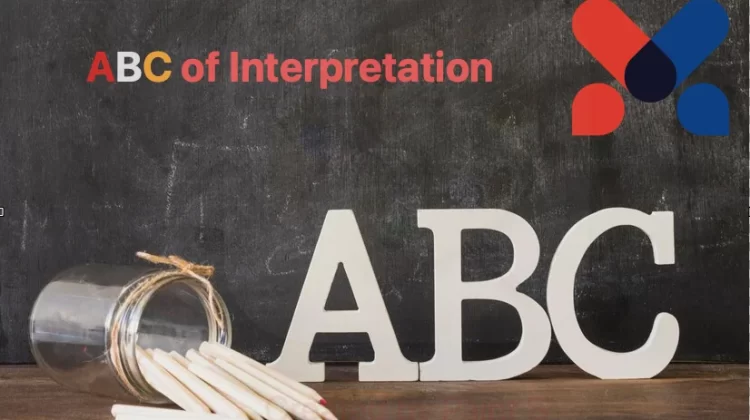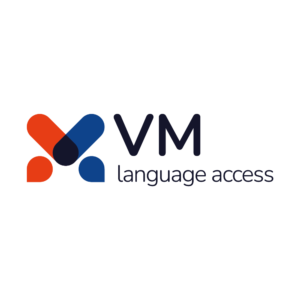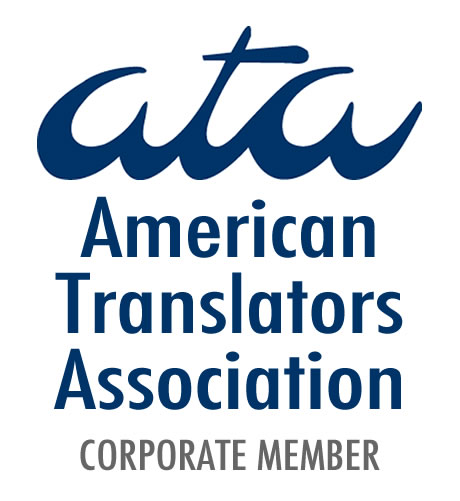
The ABC of Interpretation
By ‘the abc of interpretation’ we mean the basics of the interpretation practice. Interpretation is the process of orally translating spoken language from one language into another in real-time or consecutively. Interpreters play a crucial role in facilitating communication between individuals who speak different languages, ensuring that key messages, ideas, and information are accurately conveyed in multilingual settings. To become an interpreter, several essential skills, qualifications, and training are required to perform effectively in this challenging and rewarding profession.
The ABC of Interpretation:
The ABC of interpretation means knowing the types of interpretation modes:
- Simultaneous Interpretation: Interpreters translate spoken language in real-time as the speaker talks, often used in conferences, diplomatic settings, and international events.
- Consecutive Interpretation: Interpreters listen to a speaker’s message and translate it after the speaker pauses, commonly used in meetings, consultations, and court proceedings.
- Whispered Interpretation (Chuchotage): Interpreters whisper the translation to a small audience or individual without disturbing others, typically used in small group settings or when simultaneous interpretation equipment is not available.
Language Proficiency:
Interpreters must be highly proficient in at least two languages – their native language and the target language they are translating into. They should have a strong command of grammar, vocabulary, and idiomatic expressions in both languages to accurately convey the speaker’s message.
Listening and Comprehension:
Effective interpreters possess strong listening and comprehension skills, enabling them to grasp the speaker’s message quickly, accurately, and fully. They must be able to process information in real-time and maintain focus throughout the interpretation session.
The abc of interpretation involves Note Taking Skills:
Interpreters have strong note taking skills. During an interpretation session, interpreters not only listen and process the information they are given in more than one language but also take notes of information they think they won’t be able to remember in the long term. This type of information includes names, numbers, addresses, measures, currencies, etc.
Communication Skills:
Interpreters must have excellent communication skills, including clear articulation, effective public speaking, and the ability to convey complex ideas and concepts coherently in the target language. They should also be culturally sensitive and adapt their communication style to suit diverse audiences.
Cultural Competency:
Understanding cultural nuances, customs, and social etiquette is essential for interpreters to accurately convey meanings and avoid misinterpretations. Interpreters should be culturally competent and aware of cultural differences that may impact communication.
The ABC of Becoming an Interpreter:

Education and Training:
While a formal degree is not always required, most professional interpreters have completed specialized training programs in interpretation. Universities, language institutes, and professional organizations offer interpreter training courses that cover language skills, interpretation techniques, ethics, and cultural competency.
Language Proficiency:
Interpreters must be fluent in at least two languages, with a high level of proficiency in vocabulary, grammar, and idiomatic expressions. They should continuously improve and maintain their language skills to ensure accurate and effective communication.
Certification:
Obtaining certification from recognized organizations, such as the American Translators Association (ATA) or the National Association of Judiciary Interpreters and Translators (NAJIT), can enhance an interpreter’s credentials and validate their proficiency and professionalism in the field.
The ABC Interpretation Experience:
Building experience through practice, internships, and on-the-job training is essential for aspiring interpreters to refine their skills, gain exposure to different interpretation settings, and develop expertise in specialized fields like legal, medical, or conference interpretation.
Professionalism:
Interpreters should adhere to professional standards, ethics, and confidentiality requirements while maintaining a neutral stance and preserving the integrity of the message being interpreted. Professional conduct, punctuality, reliability, and adaptability are key attributes of successful interpreters.

In conclusion, becoming an interpreter requires a combination of linguistic proficiency, communication skills, cultural awareness, training, and professional development. By honing these essential skills and qualifications, interpreters can excel in their role, facilitate effective cross-cultural communication, and play a pivotal role in bridging linguistic divides in diverse and multilingual environments.











